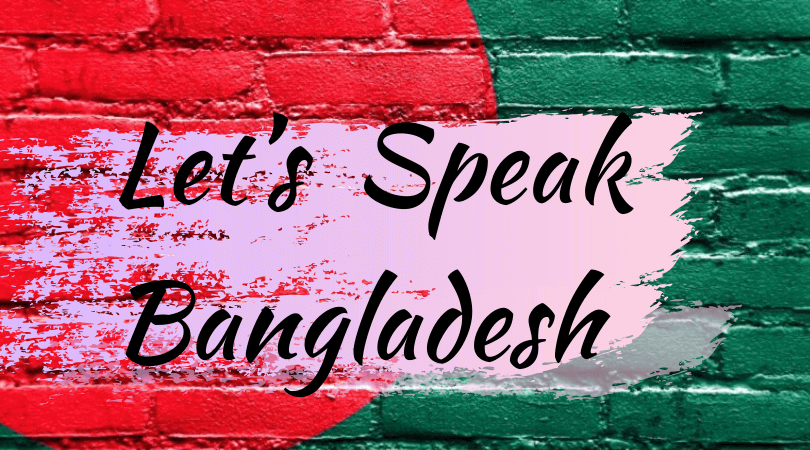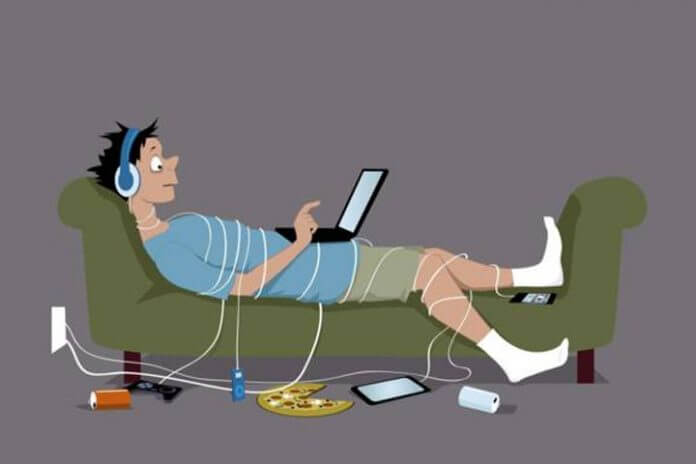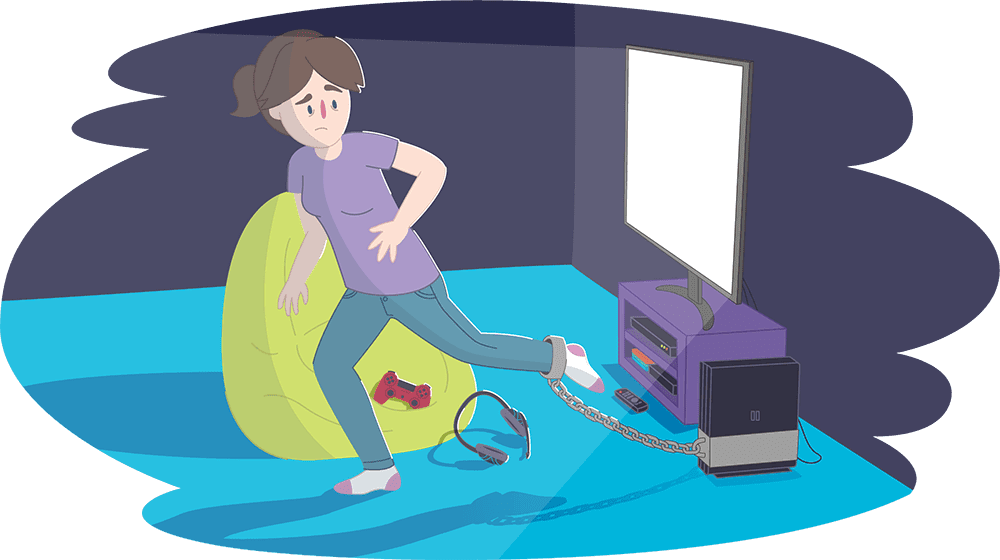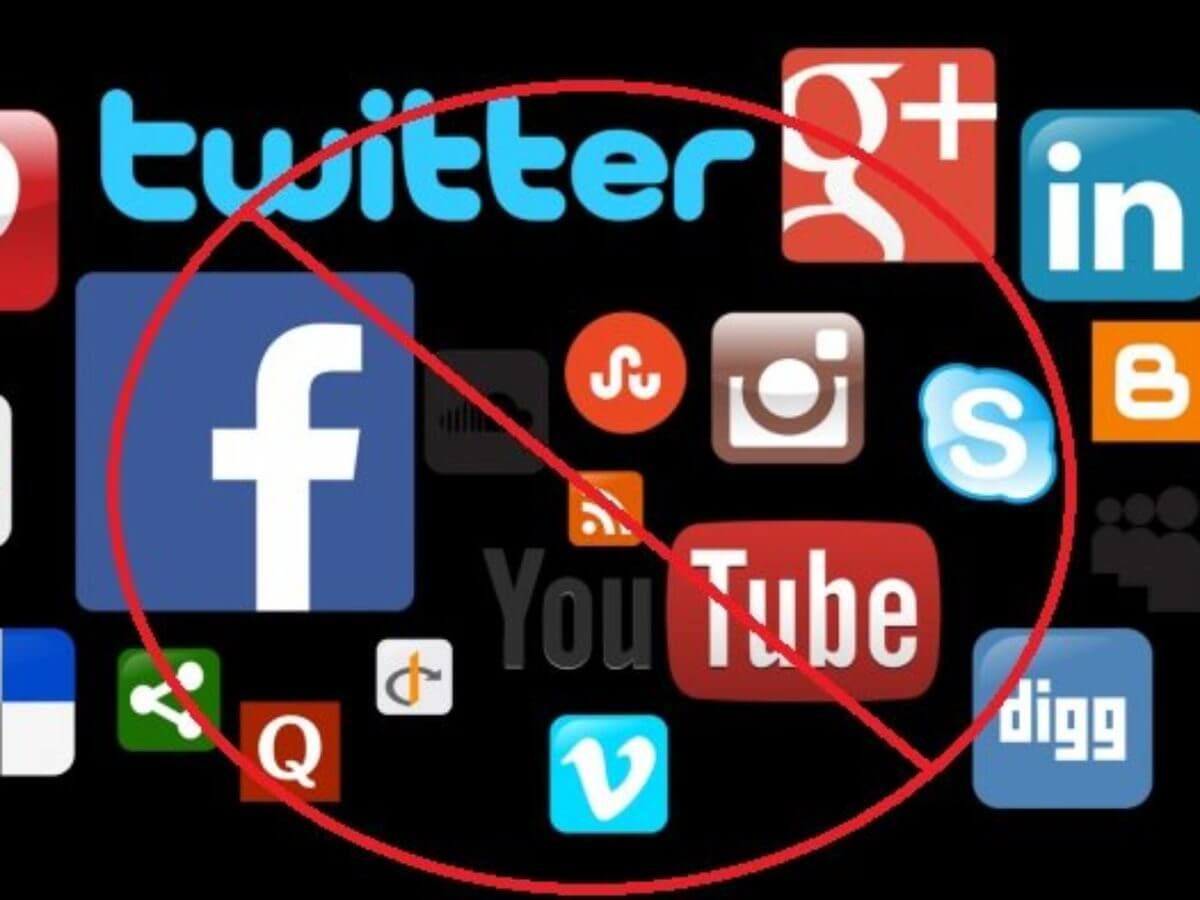Tabassum critiques the decision of the Bangladesh government to ban game apps on mobile phones. An exclusive for Different Truths.

“Passion creates, addiction consumes.” ~ Dr Gabor Maté, In the Realm of Hungry Ghosts: Close Encounters with Addiction
We are going through difficult times. Students are confined at home. The outlet for recreation is restricted. Children and teenagers are becoming more dependent on social media. Social media addiction is a social phenomenon. The new problem seems to be visible now is some mobile game apps, which the young generation is glued to. Recently our neighbouring country India has banned several game apps. The reason is not due to the concern of mental health of the young generation but their ban policy against China. The result is not satisfactory. After banning such apps, the users are still playing the games. Only the game apps are not available at the Google play stores, and some have found another similar app, namely Garena Free Fire.
Recently our neighbouring country India has banned several game apps. The reason is not due to the concern of mental health of the young generation but their ban policy against China. The result is not satisfactory. After banning such apps, the users are still playing the games. Only the game apps are not available at the Google play stores, and some have found another similar app, namely Garena Free Fire.
In Bangladesh, the apps in question are PUBG (Players Unknown Battlegrounds), which is believed to be Chinese and Garena Free Fire, which is Singapore based. According to some sources, PUBG is developed and published by PUBG Corporation, a subsidiary of South Korean video game. In the game, up to 100 people parachute on an island and hunt for weapons to kill other team members while avoiding getting killed themselves. The last survivor of the game is the winner. Garena Free Fire consists of up to 50 players falling from a parachute on an island in search of weapons and equipment to kill the other players. Both games reward the winner with money. There are other games like Clash of Clans, Ludo King, which are hugely popular among school children. School children play PUBG as well.
There is a buzz going on in social media to ban mobile game apps. Why now? Because India has banned the app PBUG and it has come to our notice. The information is missing here that India has banned Chinese (believed to be) owned PBUG. But Garena Free Fire is allowed as it is Singapore based. Apart from that, India is about to release its Indian version of PBUG.
We can’t simply deny that online games are a kind of addiction, which are made such a way to make one hooked to it. The algorithms are set in such a way that it gives our dopamine such a kick that the players only goal is to win. Dopamine spreads throughout our body system as the player spends more time in the game. And it makes one aggressive, involved. Such a condition makes one unfazed about the realities. And players become addictive.

We can’t simply deny that online games are a kind of addiction, which are made such a way to make one hooked to it. The algorithms are set in such a way that it gives our dopamine such a kick that the players only goal is to win. Dopamine spreads throughout our body system as the player spends more time in the game. And it makes one aggressive, involved. Such a condition makes one unfazed about the realities. And players become addictive.
This type of addiction can turn one violent leading to aggression among young gamers, which causes quarrels and fights in real life. It can cause emotional charge as well. The behaviour pattern can change and become aggressive. The young generation is glued to the game. As a result, they are losing creativity and social activity. There are cases of changes in sleep pattern. Gazing a long time on the mobile can cause headache, backaches and other health issues. This addiction can harm mental health as recognized by the World Health Organization (WHO) in 2018.
There are concerns regarding such apps and possibly the call for a ban. Banning is not going to sort out the problem. By using a VPN, the addict players will find a way to play. One should not ask to stop playing games. The one request to the players is “Don’t become addictive”.
There are concerns regarding such apps and possibly the call for a ban. Banning is not going to sort out the problem. By using a VPN, the addict players will find a way to play. One should not ask to stop playing games. The one request to the players is “Don’t become addictive”. Banning is not the solution because the ban will only increase the cravings and curiosity of the players and the non-users. Because human nature always craves for the forbidden.
Parents need to be open with their children and spend time. They must give the primary lesson on the importance of both physical and mental health. They must introduce their children to other constructive aspects of online. Such as doing the online free course, reading, watching classic films or playing games which are not violent, playing quizzes. They can encourage them not to get involved in such games which give monetary rewards.
The parents of the addicted can reach out for psychological help and cognitive therapies for their children. The guardians of 12 years old kids should put a password lock on the play store and the phone (excluding school time). They should allow the kids to use it in a supervised way.

The parents of the addicted can reach out for psychological help and cognitive therapies for their children. The guardians of 12 years old kids should put a password lock on the play store and the phone (excluding school time). They should allow the kids to use it in a supervised way. The most straightforward approach is to put a hard stop on all gameplay if the kids are 12 years addict and counselling by parents is a must.
The state has a role to play by advertising and campaigning in the print and media by alerting the parents. Social researchers, doctors and psychologists should come forward to play their part. Caution can make the parents alert. Not banning but adequate overall monitoring and mentoring can prevent our future generation from going to the stray path.
Photo from the Internet





 By
By

